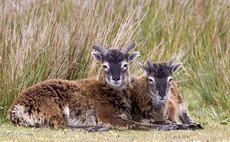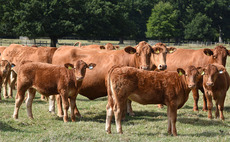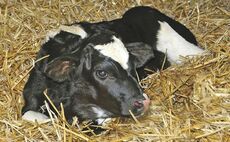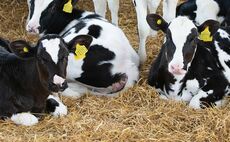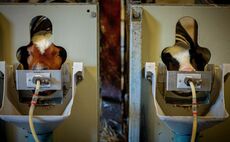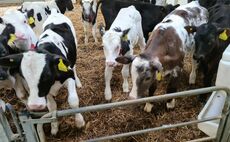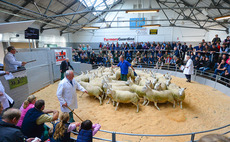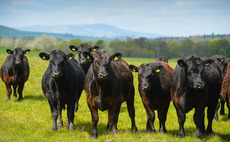Livestock
Livestock
It will be no surprise that I am beginning with this constant topic of conversation, the weather, especially as the green green grass of home is a yellow, burnt crisp exposing the shallow soil.
Livestock
Registering rare breed pedigree animals can be crucial to securing an cull exemption in the event of a notifiable disease outbreak, Rare Breeds Survival Trust chief executive Christopher Price has said.
Livestock
While arable might be the main focus on Sunderlandwick Estate, East Yorkshire, cattle play an important role in the enterprise.
Livestock
The management of calf rearing and the standard of housing facilities are key factors in the overall health, welfare and performance of calves. So how do you get things right when individual systems are so varied?
Livestock
Nowadays most dairy farmers understand good colostrum management is key, but exactly what that entails is more often a point of debate.
Livestock
Getting the optimum quantity and quality of colostrum is key for new born calves but making the right choice when it comes to following on from colostrum onto milk replacers is also vital.
Livestock
For Mark and Susie Mottershead, who farm at The Brook, Wrexham, the 2020 lockdown prompted a focus on calves within their pedigree Holstein herd which were not performing as well as they wanted them to.
Livestock
When rearing all your own replacement heifers within a closed herd, the team at the University of Edinburgh’s Langhill Farm says it is particularly important calves get off to a good start.
Livestock
Despite the weather of late being decidedly summery, the markers which point to the final third of the farming year are becoming more pronounced.
Livestock
Dairy, beef and sheep farmers are being encouraged to record their on-farm antibiotic use via Medicine Hub, either via their vet or individually.

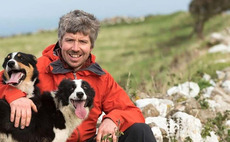
 20 August 2022
•
2 min read
20 August 2022
•
2 min read
